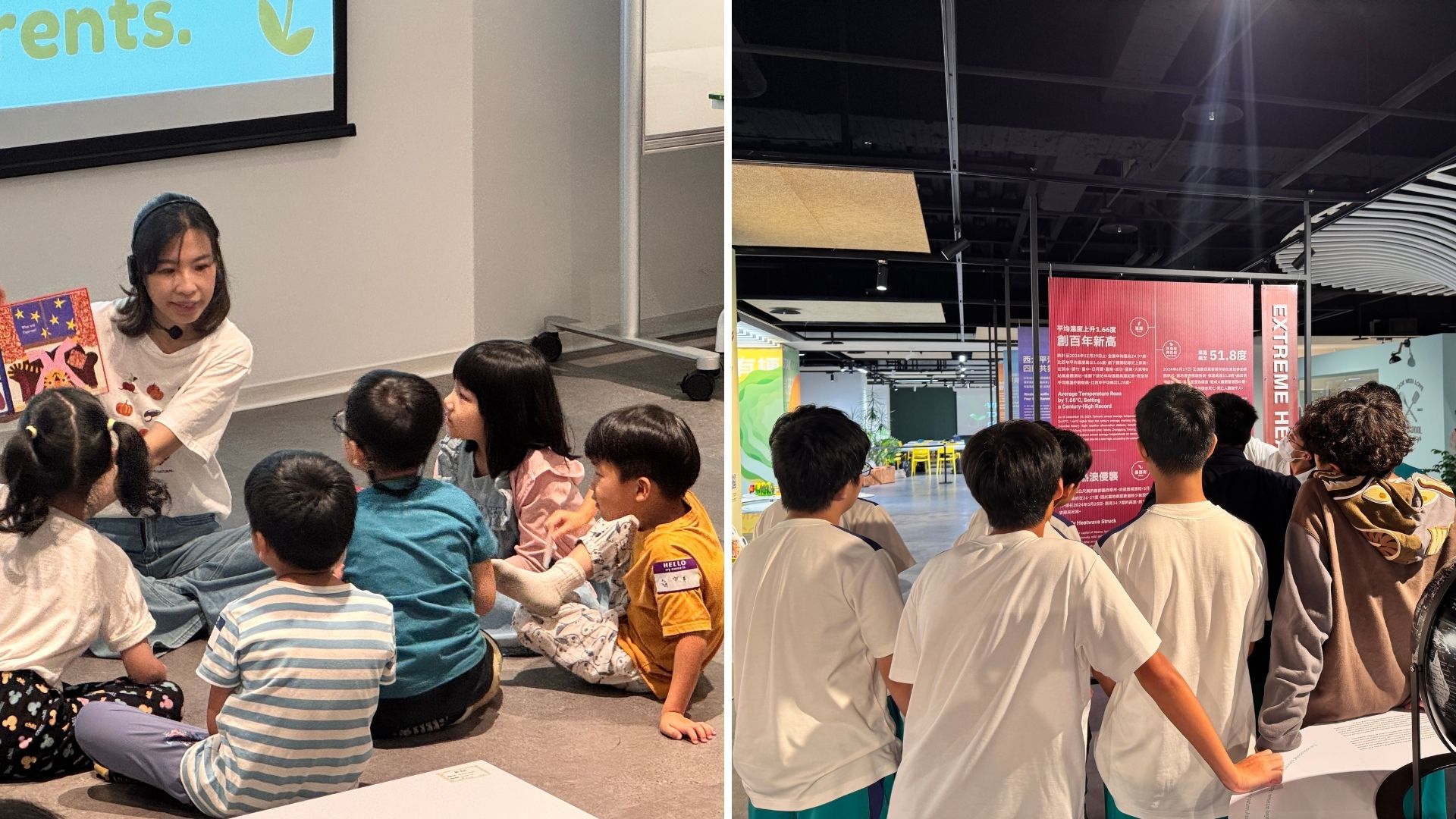In Taiwan, sustainability education is no longer just a term found in textbooks—it is gradually becoming a part of everyday life. In recent years, the Ministry of Education has promoted initiatives such as the “Sustainable Circular Campus Exploration and Demonstration Program” and the “University Social Responsibility (USR) Practice Program.” These efforts aim to integrate the United Nations Sustainable Development Goals (SDGs) into school curricula, cultivating students as sustainability citizens equipped with both knowledge and action.
Campus Actions: A Sustainability Revolution That Begins with Eating
Many schools are introducing innovative approaches to environmental education—starting with a single meal.
By joining the “Meatless Monday” movement, students not only explore dietary diversity but also help relieve pressure on the planet. According to Taiwan’s Environmental Protection Administration, one vegetarian meal can reduce approximately 780 grams of carbon dioxide emissions, equivalent to driving 4 kilometers less.
If 10,000 students across Taiwan join the movement, they could collectively cut 7.8 tons of carbon emissions each week, the same as planting over 650 trees. Small daily actions like these are making sustainability a natural rhythm of life.
University Case Studies: Turning Knowledge into Local Sustainability
National Taiwan University|Water Source Protection & Food Education
NTU promotes rainwater harvesting and organic campus farming programs, helping students understand the relationship between water and food cycles and experience sustainability in everyday life.
National Kaohsiung Normal University|Local Food Partnerships
Collaborating with local farmers, NKNU hosts “Sustainable Food and Agriculture Workshops” that emphasize zero food waste and low-carbon diets, encouraging students to practice environmental responsibility through community engagement.
National Chung Hsing University|Circular Campus Demonstration Site
By reusing pruned branches and kitchen waste for compost and renewable resources, NCHU created Taiwan’s first “Circular Campus” open to visitors—showcasing concrete steps toward resource regeneration.
National Cheng Kung University|Low-Carbon and Smart Green Energy Campus
NCKU is phasing out fuel-powered campus vehicles, building multiple green energy charging stations, and establishing a Center for Energy Technology and Strategy Research focused on carbon capture, renewable energy, and smart grid systems. Through sustainability workshops, the university is nurturing a new generation of green energy innovators. Together, these initiatives transform campuses into vital hubs for local sustainable transitions.
Youth & Families: Making Sustainability a Shared Language of Life
As sustainability education takes root, the Tzu Chi Foundation, together with various enterprises and schools, has launched the plantārium Corporate Goodness Program, guiding high school students to learn about sustainability in real-world settings.
At plantārium, students explore plant-based eating, eco-friendly packaging, and low-carbon lifestyles—discovering the philosophy that “what you eat is what you support.” Meanwhile, family learning sessions invite parents and children to engage through storytelling, interactive games, and crafts, helping them build awareness and action for environmental issues in their daily lives.

Right: Students explore extreme climate issues in the exhibition area, deepening their learning through action. (Photo credit: plantārium)
From One Lesson, a Future Transformed
Sustainability is more than an idea—it is a way of life that begins with education. When children learn gratitude in the classroom, choose plant-based meals at the table, and practice energy saving on campus, they are not just students—they are active citizens of the Earth.
At plantārium, we believe that change can begin with one lesson, one meal, and one family.
